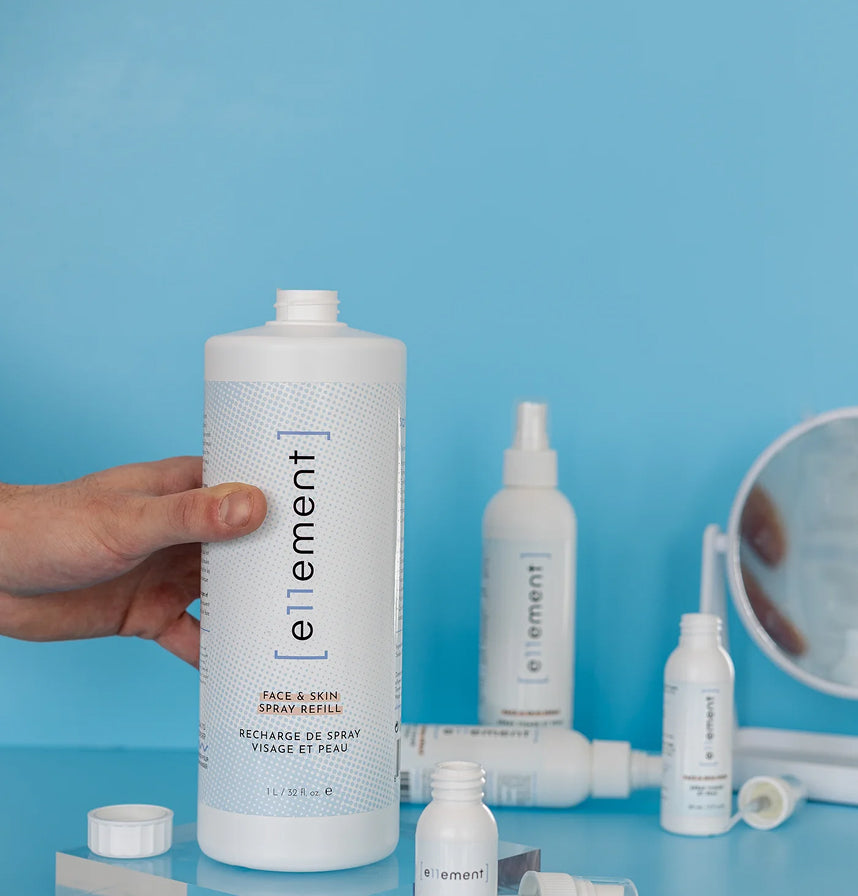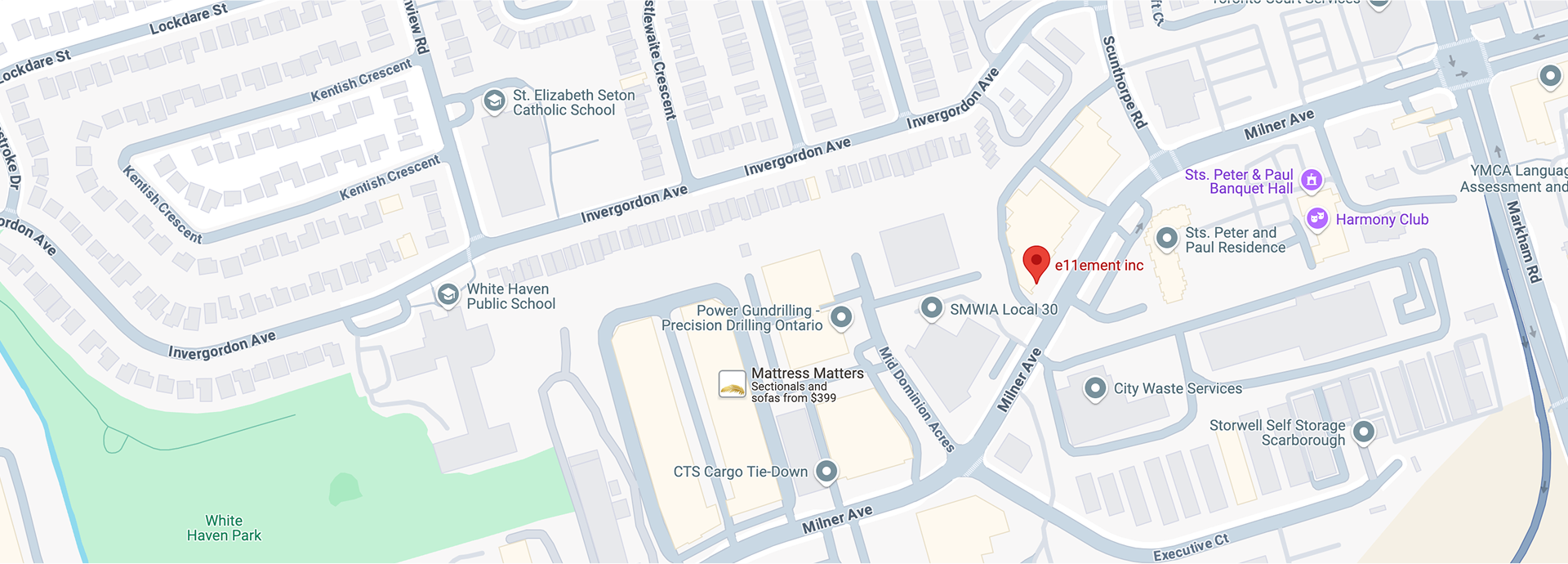Acne is a common skin issue that affects millions of people globally. With countless products available, it can be challenging to determine what will work best for your skin. Recently, hypochlorous acid has emerged as a trendy and effective treatment for acne. But what is hypochlorous acid, and how does it help with acne? This article will provide a comprehensive overview of hypochlorous acid, exploring its benefits, how it works, and why it's gaining popularity in the skincare industry.

Understanding Hypochlorous Acid
What Is Hypochlorous Acid?
Hypochlorous acid (HOCl) is a naturally occurring substance in the human body, specifically produced by white blood cells to fight infection and inflammation. It plays a crucial role in the immune system, acting as a powerful antimicrobial agent. In skincare, hypochlorous acid is used in topical products to leverage its antibacterial, antiviral, and anti-inflammatory properties.
The Science Behind Hypochlorous Acid
Chemically, hypochlorous acid is a weak acid with strong oxidizing properties. It's similar to hydrogen peroxide but is more stable and less likely to cause irritation. When applied to the skin, hypochlorous acid helps to kill harmful bacteria and reduce inflammation, making it an effective treatment for acne and other skin conditions.
Hypochlorous Acid as an Acne Treatment
Acne is often caused by the buildup of bacteria, excess oil production, and clogged pores. Hypochlorous acid targets these underlying causes by:
- Killing Bacteria: Hypochlorous acid effectively kills acne-causing bacteria (such as Propionibacterium acnes), preventing the spread of infection and reducing the severity of breakouts.
- Reducing Inflammation: Acne is often accompanied by redness and swelling. Hypochlorous acid’s anti-inflammatory properties help to soothe the skin and reduce these symptoms, leading to a calmer complexion.
- Promoting Healing: By accelerating the skin's natural healing process, hypochlorous acid helps to repair damaged tissue and reduce the appearance of acne scars.
Comparing Hypochlorous Acid to Traditional Acne Treatments
Traditional acne treatments, such as benzoyl peroxide and salicylic acid, work by exfoliating the skin and killing bacteria. However, these treatments can sometimes cause dryness, irritation, and sensitivity, especially for those with sensitive skin.
Hypochlorous acid offers a gentler alternative, providing similar antibacterial and anti-inflammatory benefits without the harsh side effects. It's suitable for all skin types, including sensitive skin, making it an attractive option for those seeking a more balanced approach to acne treatment.
Additional Benefits of Hypochlorous Acid for Skin
Hydration and Skin Barrier Protection
In addition to its acne-fighting properties, hypochlorous acid is also known for its ability to hydrate the skin and support the skin's natural barrier. It helps to maintain the skin's moisture balance, preventing dryness and keeping the skin soft and supple.
Versatility in Skincare
Hypochlorous acid is not just limited to acne treatment. It can also be used to address various skin concerns, including:
- Eczema and Psoriasis: Its anti-inflammatory properties make it effective in soothing irritated skin and managing flare-ups.
- Wound Care: Hypochlorous acid promotes healing and prevents infection in minor cuts, scrapes, and burns.
- Anti-Aging: By reducing inflammation and supporting the skin's natural healing processes, hypochlorous acid can help to minimize the appearance of fine lines and wrinkles.
How to Incorporate Hypochlorous Acid Into Your Skincare Routine
Choosing the Right Hypochlorous Acid Product
When selecting a hypochlorous acid product, it's essential to choose one that is specifically formulated for skincare. Look for products that list hypochlorous acid as a key ingredient and are free from harsh chemicals and fragrances.
Application Tips
To get the most out of hypochlorous acid in your skincare routine, follow these application tips:
- Cleanse First: Always start with clean skin. Use a gentle cleanser to remove dirt, oil, and makeup before applying hypochlorous acid.
- Apply Hypochlorous Acid: Depending on the product, you may apply it as a mist, spray, or serum. Gently pat it into the skin and allow it to absorb fully.
- Follow with Moisturizer: To lock in the benefits, apply a moisturizer after the hypochlorous acid has been absorbed. This will help to maintain hydration and protect the skin barrier.
- Use Sunscreen: If you’re applying hypochlorous acid in the morning, follow up with a broad-spectrum sunscreen to protect your skin from UV damage.
Frequency of Use
Hypochlorous acid is gentle enough for daily use. You can incorporate it into your morning and evening skincare routines. However, if you have particularly sensitive skin, start with a lower frequency and gradually increase as your skin adjusts.
Conclusion:
Hypochlorous acid is proving to be a powerful and gentle option for those looking to treat acne and improve overall skin health. Its antibacterial, anti-inflammatory, and healing properties make it an effective solution for various skin concerns, particularly acne. If you're searching for a trendy yet effective acne treatment that’s gentle on the skin, hypochlorous acid may be worth considering.























